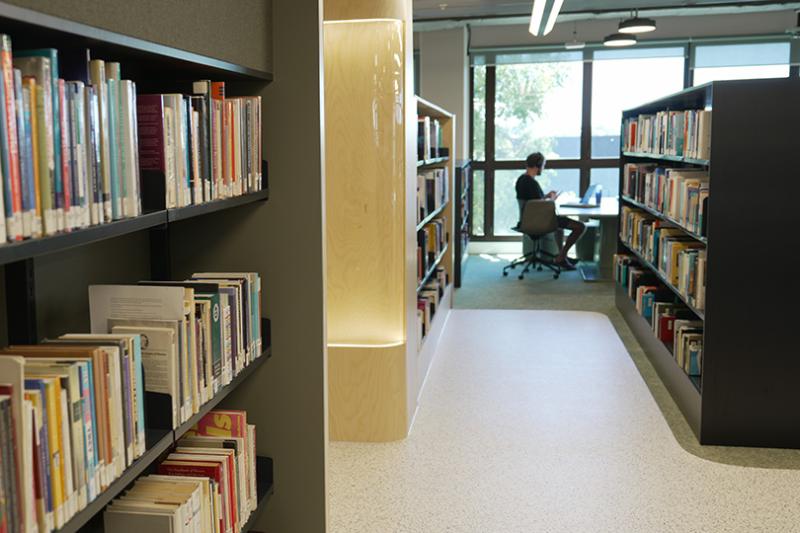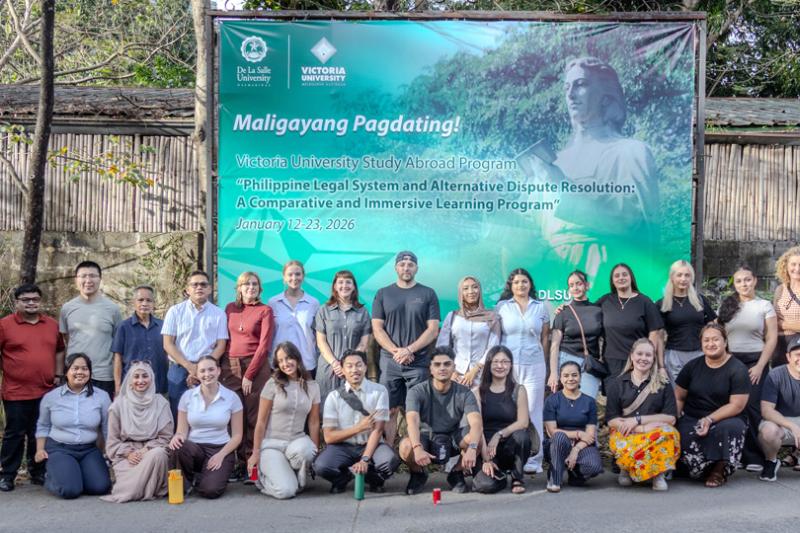New approaches to persistent problems in Australia’s schools

Schools and their communities need better information about what works, policies that help schools collaborate with other organisations, and a greater emphasis on the early years of learning if Australia is to accelerate improvements in school quality and equity, according to a forum report released by the Mitchell Institute at Victoria University today.
New approaches to persistent problems in Australia’s schools, outlines the key themes and discussions that emerged during a Mitchell Institute policy forum held last November and attended by almost 100 of Australia’s leading education and policy experts.
Speaking on the release of the report, Mitchell Institute Director of Education Policy, Dr Sara Glover, said the forum came about because many educators, policy makers and leaders expressed concern about the lack of progress in student achievement, and the persistent gap between students from low and high socio-economic backgrounds, and between Indigenous and non-Indigenous students.
"Many of us are deeply concerned that in a wealthy country like Australia, there are too many children who are still entering school at a significant disadvantage; they're starting behind and staying behind," Dr Glover said.
By the time students reach year 9, nearly a quarter of them are at or below the national minimum standard in reading.
"By the time students reach year 9, nearly a quarter of them are at or below the national minimum standard in reading. This doesn't equip them well for further education, training or work and it carries serious social, health and economic consequences for the individual, the community and the country," she said.
Dr Glover says New approaches to persistent problems in Australia’s schools, acknowledges the genuine opportunity that current school reforms offer to deliver real improvements for all students but looks specifically at new approaches that could be most effective in achieving rapid change.
"The report puts forward four propositions that are necessary to accelerate locally-led improvements to student learning," she said. "Without these, what is being referred to as 'school autonomy' remains a hit and miss policy."
"First, we need to have clear goals for schooling and measure what matters. For us to have meaningful debate about what type of teaching and learning we need in Australian schools, we have to be absolutely clear about what we are trying to achieve with education."
"Second, we need to shift the investment ratio towards the early years of schooling by supporting schools to allocate resources where they are most effective. Many students continue through primary school and into secondary level without the basics, and research has shown that ‘front-loading’ in the early years delivers far greater returns in the later years."
"Third, some school communities are collaborating with other sectors, including business and not-for-profits, to deliver innovative and successful solutions for young people; this means schools are not alone in trying to deal with deep disadvantage or disengagement. We need policies that allow more schools to adopt these types of collaborative models so this becomes widespread across the whole system.”
"And finally, schools and communities need better access to real time, relevant data so they can consistently track student progress, evaluate programs, and improve strategies,” Dr Glover said.



